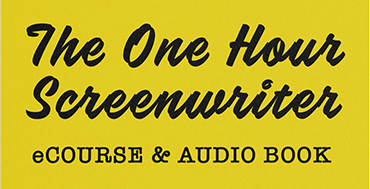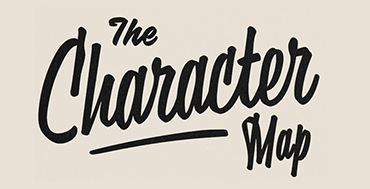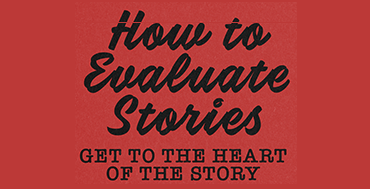Revolutionary or Rebel


I’ve been working on the final edit of the Power of Conscience eBook. That particular Character Type is often confused with the Power of Idealism character. The distinction between the two is subtle but clear. It is rather like the difference between a revolutionary and a rebel.
A revolutionary is someone who works for political or social change. The orientation is toward changing and improving society. The basic orientation of a Power of Conscience character is to seek moral and ethical perfection. They believe they could do better, others could improve and the world could be a better place.
A rebel is a person who resists authority, control, or tradition. The orientation is more individualistic. The basic orientation of the Power of Idealism character is to seek aesthetic perfection. Noteworthiness, rarity, distinctiveness, individuality and/or the unusual, idiosyncratic or eccentric are what these characters value most highly in themselves and others.
Power of Conscience characters cause revolution to conform society, as a whole, to a higher moral or ethical standard. Power of Idealism characters rebel against the status quo to resist authority or conformity and to promote or preserve their personal autonomy.
A Power of Conscience character looks at the world like this:
“Wherever there’s a fight, so hungry people can eat, I’ll be there. Wherever there’s a cop beatin’ up a guy, I’ll be there. I’ll be in the way guys yell when they’re mad. I’ll be in the way kids laugh when they’re hungry and they know supper’s ready, and when the people are eatin’ the stuff they raise and livin’ in the houses they build– I’ll be there, too.” Tom Joad (Henry Fonda) in The Grapes of Wrath
A Power of Idealism character looks at the world like this:
Mildred: “What’re you rebelling against, Johnny?”
Johnny: “Whaddya got?” Johnny Strable (Marlon Brando) in The Wild One
“And maybe there’s no peace in this world, for us or for anyone else, I don’t know. But I do know that, as long as we live, we must remain true to ourselves.” Spartacus (Kirk Douglas) in Spartacus



Create a visual map for a character’s emotional journey. Pull stories from character rather from rote story structure beats. Some of the largest international media companies, use this in story and character development.


A clear concise guide for writers and producers to have by their side as they embark on a project. It gives a really vital reminder of what is key for story success.

No comment yet, add your voice below!